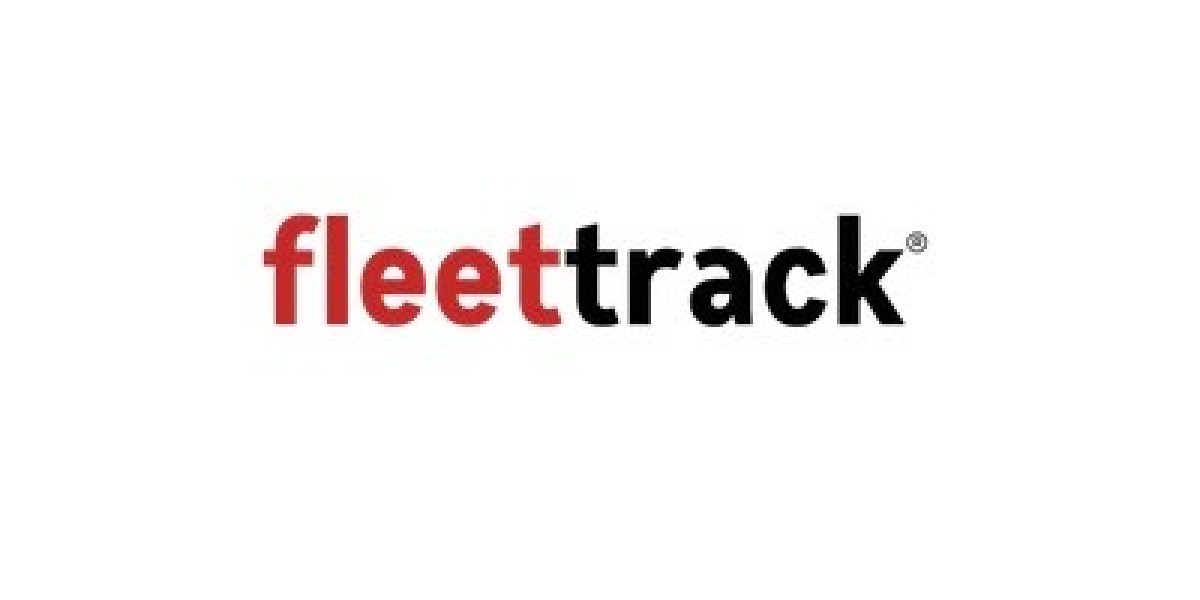The Power of Reflective Writing in University Assignments: A Path to Deeper Learning
The journey of learning extends far beyond the acquisition of knowledge. It encompasses the development of critical thinking skills, self-awareness, and the ability to reflect on one's own experiences and insights. Reflective writing, a practice often employed in university assignments, serves as a conduit for this introspective process. By encouraging students to delve into their thoughts, emotions, and reactions to course material, reflective writing fosters a deeper understanding of subject matter and promotes personal growth. In this blog, we will explore the significance of reflective writing in university assignments, its benefits, and how it enhances the learning experience.
Understanding Reflective Writing
Reflective writing is a form of writing that allows individuals to analyze and interpret their experiences, thoughts, and feelings. It goes beyond mere description, prompting writers to critically evaluate their actions, decisions, and beliefs. In the context of university assignments, reflective writing often takes the form of journals, essays, or reports where students are asked to reflect on their learning process, discuss challenges encountered, and analyze their personal growth.
The Connection with Learning
At its core, reflective writing is about making connections—connecting theory to practice, connecting past experiences to present learning, and connecting individual perspectives to broader concepts. When students engage in reflective writing as part of their university assignments, they are encouraged to think deeply about course content and its relevance to their lives. This process not only reinforces learning but also helps students develop a deeper appreciation for the subject matter.
Enhancing Critical Thinking Skills
One of the key objectives of university education is to cultivate critical thinking skills— the ability to analyze information, evaluate arguments, and make informed decisions. Reflective writing provides an ideal platform for honing these skills. By encouraging students to question their assumptions, consider alternative viewpoints, and reflect on the implications of their actions, reflective writing promotes a more nuanced understanding of complex issues.
In courses such as NURS FPX 6105 Assessment 1: Learning Theories and Diversity, reflective writing can serve as a valuable tool for students to deepen their understanding of complex topics. By reflecting on how various learning theories intersect with issues of diversity and inclusivity, students can gain insights into the ways in which educational practices can be tailored to meet the needs of diverse learners. Through reflective essays or reports, students can explore their own biases, assumptions, and cultural perspectives, ultimately contributing to a more inclusive learning environment.
Personal Growth and Development
In addition to academic learning, university is also a time for personal growth and development. Reflective writing plays a vital role in this process by fostering self-awareness and introspection. Through the act of reflecting on their experiences, students gain insight into their strengths, weaknesses, and areas for improvement.
In courses such as BHA FPX 4003 Assessment 2: Ensuring Quality in Diverse Healthcare Settings, reflective writing can be a transformative tool for students aiming to grasp the complexities of providing quality care in varied healthcare environments. By reflecting on their experiences, interactions, and challenges within diverse healthcare settings, students can deepen their understanding of the unique needs and cultural considerations of patients from different backgrounds. Through reflective essays or reports, students can critically evaluate their approaches to care delivery, identify areas for improvement, and develop strategies to enhance cultural competence and patient-centered care.This self-awareness not only enriches their academic journey but also prepares them for future challenges in their personal and professional lives.
Integrating Reflective Writing into Assignments
Incorporating reflective writing into university assignments can be done in various ways. For example, instructors may ask students to maintain a reflective journal throughout the semester, where they document their thoughts and insights on course readings, lectures, and discussions. Alternatively, reflective essays or reports may be assigned at the end of a project or course, prompting students to synthesize their learning and reflect on their overall experience.
If you're eager to delve into the intricacies of the legal system but find it challenging to commit to a traditional classroom setting, consider the convenience of online learning. Taking a criminal justice class online can offer the flexibility you need to balance your studies with other commitments. With the advancement of technology, many reputable institutions now offer comprehensive courses in criminal justice online. These courses cover a wide range of topics, including criminology, law enforcement, corrections, and more. Whether you're a working professional looking to enhance your skills or a busy student seeking a flexible learning option, enrolling in an online criminal justice class could be the perfect solution. Take my criminal justice class online and embark on a journey of discovery and understanding at your own pace.
Conclusion
Reflective writing is a powerful tool for promoting deeper learning, enhancing critical thinking skills, and fostering personal growth. By encouraging students to reflect on their experiences, thoughts, and emotions, reflective writing enriches the learning process and prepares students for success both inside and outside the classroom. As educators, it is essential to recognize the value of reflective writing and integrate it thoughtfully into university assignments to maximize its benefits for students.
Reflective Writing in University Assignments offers a comprehensive guide to incorporating reflective writing into academic tasks, providing practical tips and examples to help students navigate this introspective process. From journaling to essay writing, this resource equips students with the tools they need to engage in reflective writing effectively and reap its rewards in their academic and personal lives.









